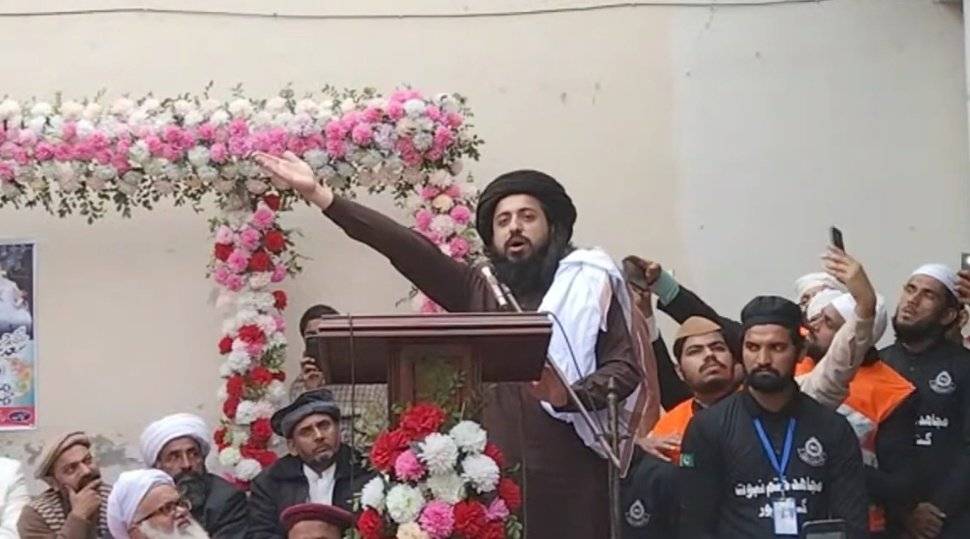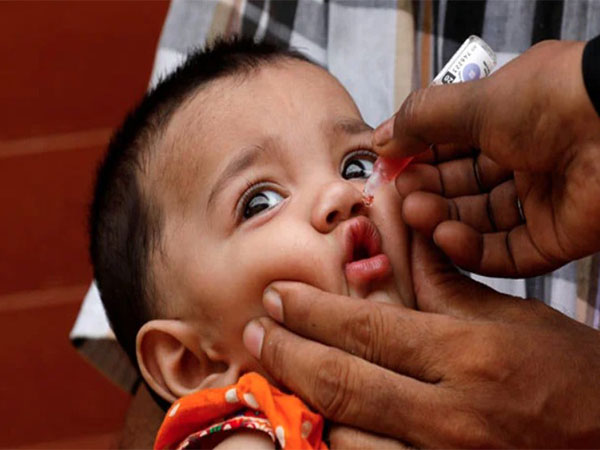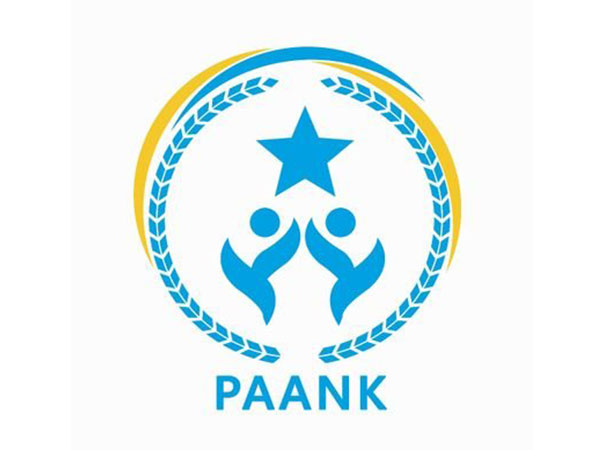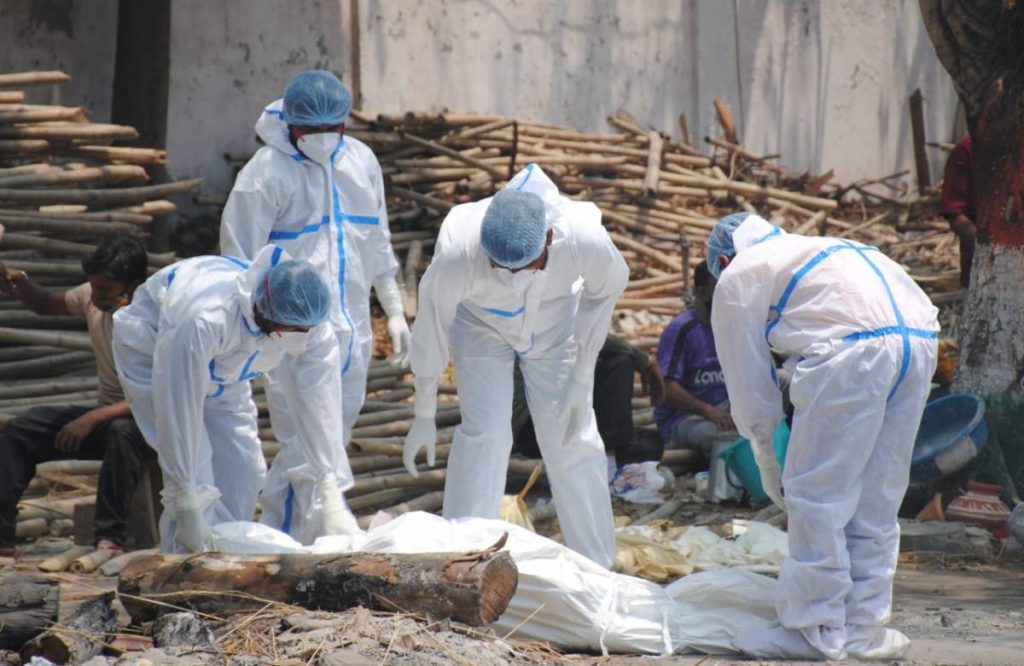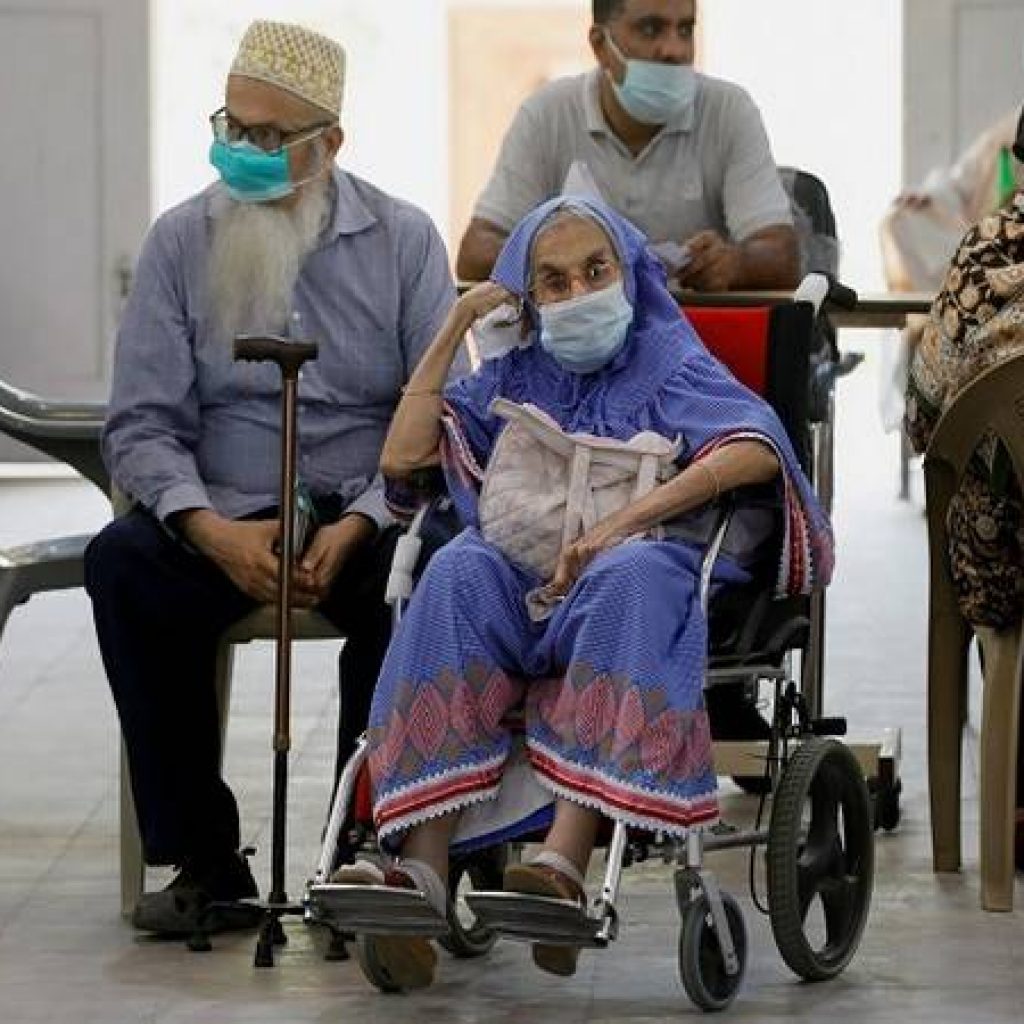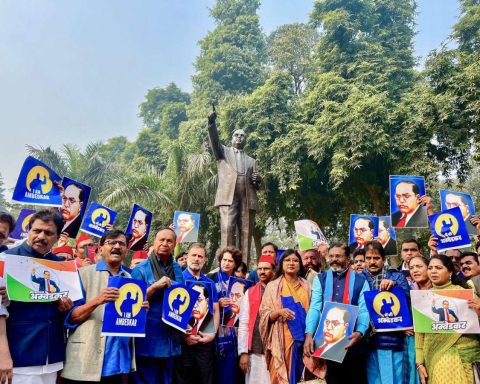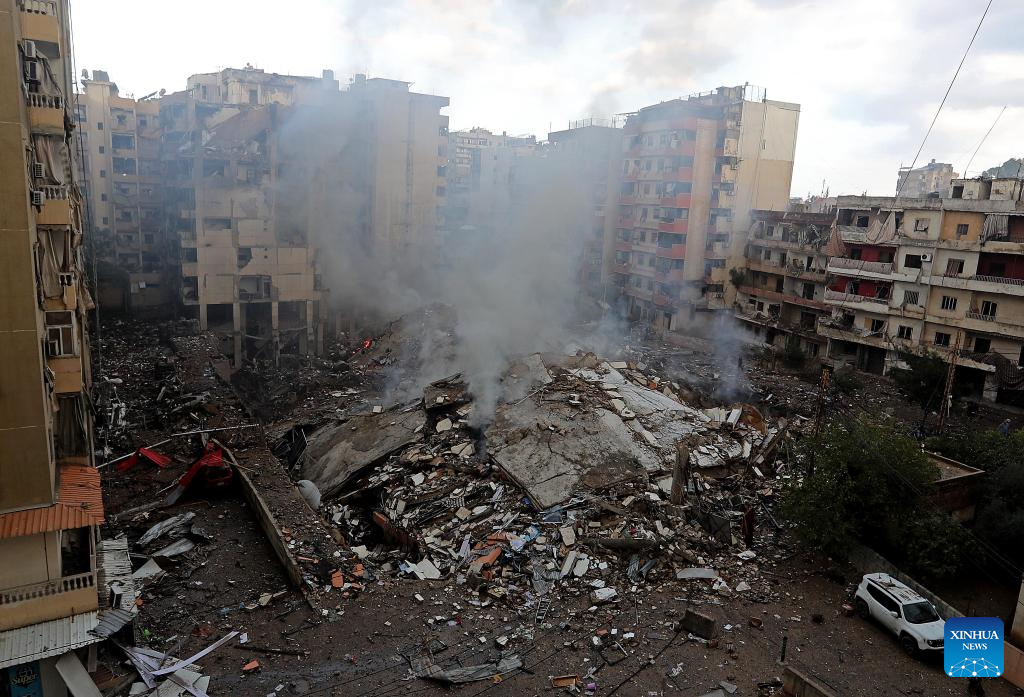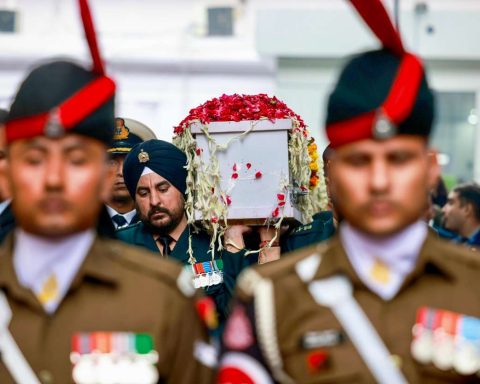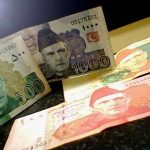The ban on Tehreek-e-Labbaik Pakistan exposed the Imran Khan government’s failure to stem the growing fundamentalism in the country. The ban won’t solve the problem. TLP will reborn with a new title and continue its attack on a civil society. If the threat posed by Islamic fundamentalist organisations goes unchallenged, the day will not be too far when Pakistan helplessly witnesses itself being internationally isolated in a changing world … Dr Sakariya Kareem
The genie is out of the bottle now. The last few weeks have been turbulent for Pakistan. During this period, the Tehreek-e-Labbaik Pakistan (TLP), an Islamic fundamentalist organisation orchestrated violent protests in all major cities of the country including Lahore, Islamabad and Rawalpindi. Hundreds have been injured and a dozen have died during these violent clashes between TLP supporters and security personnel.
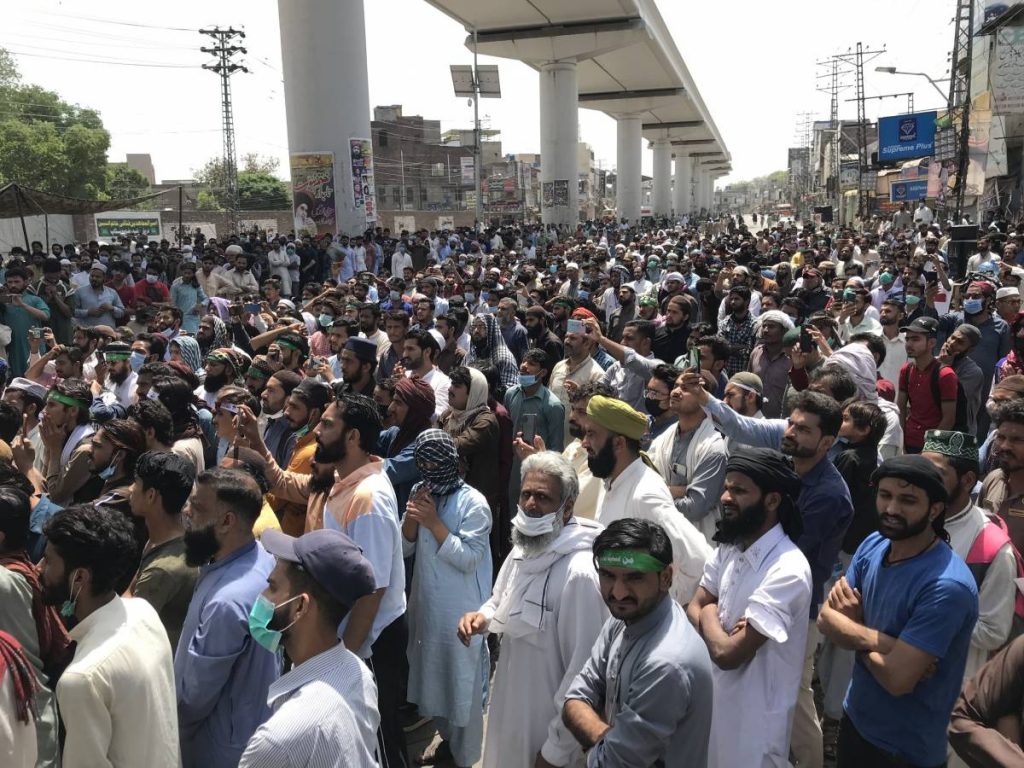
These protests sparked few months ago, when in October 2020, the French President Emmanuel Macron strongly defended the right to show cartoons of the Prophet Muhammad (PBUH) as part of freedom of expression, which he believed was integral to the French Republic. It may be recalled that on October 16, 2020, a French school teacher, Samuel Patty, was brutally decapitated in the suburbs of Paris by a Chechen youth for displaying cartoons of Prophet Muhammad (PBUH) in the classroom.
The French assertion prompted anger in parts of the Muslim world, particularly in Pakistan, where thousands of protestors rallied all over the country against the republication of the controversial cartoons. The TLP, which was spearheading the protest movements, had urged the Pakistan government to sever all diplomatic and trade ties with France.
Meanwhile, the Pakistani establishment had struck a deal with the Islamist organisation of making efforts to expel the French Envoy as sought by them, in the hope that the issue would die down in due course of time. However, much to their dismay in March this year, the TLP again raised the matter and announced an ultimatum over the departure of the French Envoy and boycott of French products. The government inaction and false promises resulted in massive protests across the country as stated earlier.
The protests further escalated with the arrest of Saad Hussain Rizvi, the young leader of the TLP and son of late Khadim Hussain Rizvi, its founder who died in November 2020. The protestors demanded immediate release of their leader, expulsion of the French Ambassador and boycott of all French products. But given Pakistan’s vulnerable position in the global geopolitics, it would be ridiculous for the country, to give in to the demands of boycotting France and isolating itself internationally.
Thus in a catch 22 situation, while portraying itself as one of the protectors of the Muslim Ummah, the clashes left the Pakistani Establishment completely red faced and unprepared to take a stand. This was evident from the statement of Pakistan’s Interior Minister Sheikh Rashid Ahmed who while addressing a press conference on April 14, stated that the nation was “in favour of protecting the Prophet’s honour” but that the TLP’s demands “could have portrayed Pakistan as a radical nation worldwide”. In order to save its face in front of the international community, the Pakistan government finally banned TLP on April 15, and issued a notification categorizing it as a proscribed, terrorist organisation with authorities saying they would move the Election Commission to delist the group as a political party. But it is imperative to understand that banning TLP alone won’t solve the problem of rising religious extremism in Pakistan.
Many extremist groups have been banned in Pakistan before too but they tend to reappear with new names. Further, Pakistani political parties, including the one in power right now, have traditionally harped on the support of these Islamist groups to run the Government. Hence a move to ban a political party from which it elicited tacit support could go against any government of the day. Also, keeping in mind the FATF sanctions, this move of banning the religious extremist party could be perceived as a mere cosmetic measure. This was evident when the Government began negotiating with the ‘proscribed’ group to end the violence, release its security personnel who were held ‘hostage’ and agree to a truce where it succumbed to the demands of the pressure group.
The country’s political establishment, the military, have all historically used Islamist groups to strengthen their anti-India narrative. However, it is time Pakistan realizes that not only the TLP but the other extremist organizations like Jamaat-ud-Dawa (JUD), Jaish-e-Muhammad (JeM) etc. are also proving to be the albatross around its neck that it needs to get rid of. If the threat posed by these Islamic fundamentalist organizations goes unchallenged, the day will not be too far when Pakistan helplessly witnesses itself being internationally isolated in a changing world.
Under these circumstances, the Pakistani Prime Minister, Imran Khan had clarified through a tweet that his Government took action against the TLP under the anti-terrorist Law for challenging the writ of the State, for using street violence and attacking the public and the law enforcers. Admittedly, the logical corollary to this candid clarification by the Pakistani Premier is the fact that had the TLP not vented its ire against the Pakistani establishment using violence and not dared to violate the law of the land, the authorities would have taken no action against the group.
As a fall out, the crackdown by the Pakistan government on the TLP has earned the wrath of its diaspora across the globe. The Sunni Ulema Board, South Africa (SUBSA) went onto hold the prime minister and Home Minister Sheikh Rasheed responsible for the killings of civilians in Lahore who were participating in these protests. The attacks have also been vehemently condemned and termed senseless and brutal by the SUBSA.
The Muslim community of South Africa has further demanded that the Pakistan government stop these human rights violations and its support to state terrorism, killing of civilians in police custody and silencing of the media. They also apparently alleged use of chemical weapons by the government to crush the TLP protests.
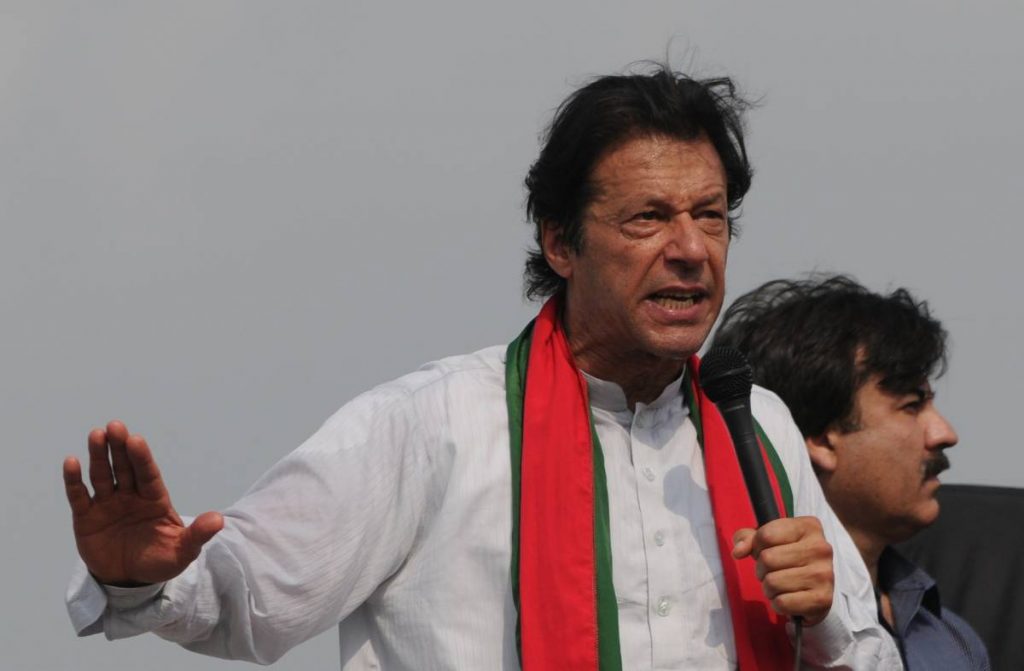
Essentially Pakistan, at every step of the evolution of the Islamic outfit Tehreek-e-Labbaik Pakistan (TLP), let the Islamic group grow in scope and exercise clout on all matters of religious and even political significance. As is known, the country’s political establishment, the military, have all historically used Islamist groups to strengthen their anti-India narrative. However, it is time Pakistan realizes that not only the TLP but the other extremist organizations like Jamaat-ud-Dawa (JUD), Jaish-e-Muhammad (JeM) etc. are also proving to be the albatross around its neck that it needs to get rid of. If the threat posed by these Islamic fundamentalist organizations goes unchallenged, the day will not be too far when Pakistan helplessly witnesses itself being internationally isolated in a changing world.
READ MORE: Imran Blames Women As Rape Cases Soar in Pakistan
READ MORE: The Game Generals Play in Pakistan
READ MORE: #Auratmarch2020: Pak Women Turn Against Men, Mullah & Military
